Summer 1 Blog Post - Research Reflection
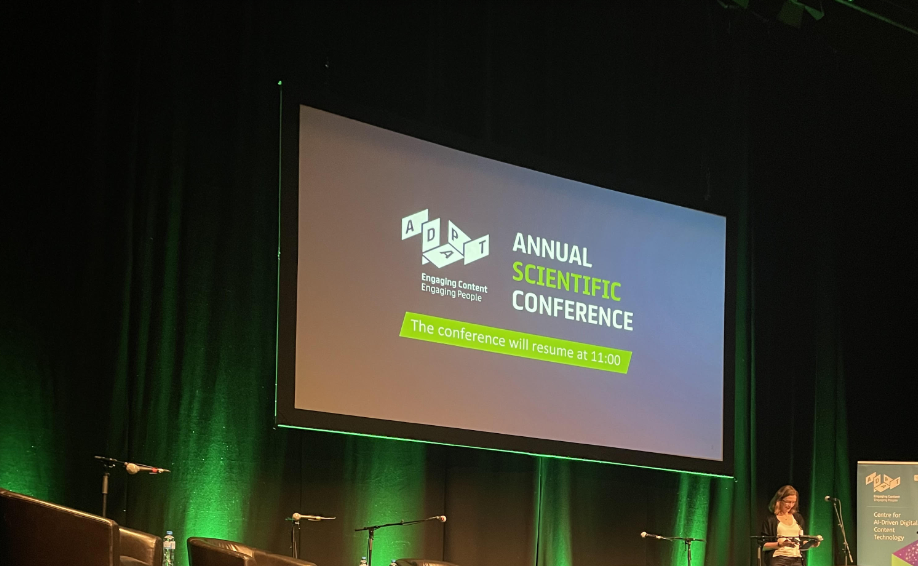
Hi all !
In this post I’ll be giving a quick summary of my Summer 1 Research Project experience. I had the absolute pleasure of working under Professor Owen Conlan, on a research project titled ‘An Investigation into the Features of Disinformation that may lead to it being Spread Online’.
The project entails pretty much what it sounds like it might entail, as I essentially just used many different online tools to analyse various forms of disinformation (mostly Tweets) in an effort to answer the question ‘How does it spread?’, and worked on it for a full consecutive 6 weeks!
The first thing I wish to sort of touch upon, is probably the uniqueness of my research experience. From talking to previous Laidlaw Scholars, I had an expectation that the majority of the research work would be hard, long and grinding, with the majority of the time being spent alone in the library on a computer.
My research experience, in retrospect, did not look like this. For one, I had the immense fortune of my supervisor being a Theme Leader in one of my college’s research centres, ADAPT, and so had the opportunity of getting my own desk smack down in the middle of the centre. This was, genuinely, one of the best parts of my 6-week experience. Not only was it a great opportunity to meet and learn from talented PhD students who were also conducting research in a field similar to mine, it was often quite motivating to work alongside them. And whereas most people had 1 or 2 supervisors, it often felt like I had 4 or 5 simply because of how helpful some of these academics were, with many sparing time to look over some of my work, give advice on the project and even explain certain concepts to me. This was where I gained my first insight, and learnt just how collaborative and co-operative the research landscape was, as everyone who I met there was nothing but patient and helpful with a research intern like myself. Because of my association with the ADAPT organisation, I even got the opportunity to attend their annual scientific conference in DCU, where I further learnt about some of the incredible research being done right now.
As for the actual project itself, there were definitely ups and downs to the experience.
It would definitely take me more than 10 fingers to count how many things went wrong, wouldn’t work or was just being a simple pain in the backside. I had genuinely, quite naively thought that because I wasn’t working in a lab, I would have it easier because I reasoned that things would be more within my control. Oh, how wrong was I.
Difficult-to-use tools that for some reason worked for others but not for me, problems with code, and even Elon Musk, with his new Twitter API rules, all impeded my research plan on several occasions. I had to discuss with my supervisor(s) a god few times about potential pivots in the project direction, just because it really did seem like I had reached a dead end with the research. My resilience, adaptability and even determination were all tested thoroughly over the summer, and I think I definitely came out of the whole research process not just with a new found appreciation of academia, but also with a much more refined problem-solving skill. To give you an idea of how much the research had to be adjusted/pivoted, the majority of my final research project consisted of using machine learning models to analyse certain features of misinformation, like sentiment, to give an evaluation of how significant that feature was in characterising that element as ‘misinformation’. In my research proposal, however, the words ‘machine learning’ did not appear once in the entire document.
This brings me to my final significant insight, which is that it is actually perfectly okay to change, pivot and adapt during the research process. Yes, my end product of research looks vastly different, if not completely unrecognisable, from the research I said I would do in the proposal, but both my supervisor and I agree the project outputs were actually much better than what I previously imagined I would get. Features of disinformation were indeed investigated; as mentioned in the title of the project.
I am ultimately walking away from this research project not just with a greater knowledge of disinformation and research skills, but also as a more developed person with a greater arsenal of soft skills, and more experience with challenge and failure.
I’m still in the process of producing a full report of my research and its outputs and will upload it here when finished, but if I could leave you all with one takeaway from the project then it would just be to keep thinking critically and not rely on purely social media for information. Disinformation comes in many shapes and forms, and the overall best way to avoid it is to check multiple sources, and to keep aware of cognitive biases. Common sense can be a valuable commodity in today’s world !
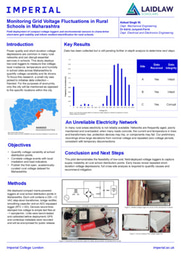
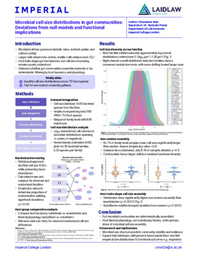

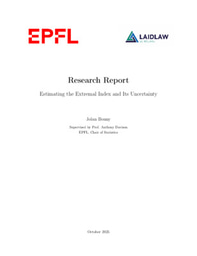
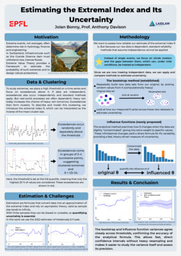
Please sign in
If you are a registered user on Laidlaw Scholars Network, please sign in